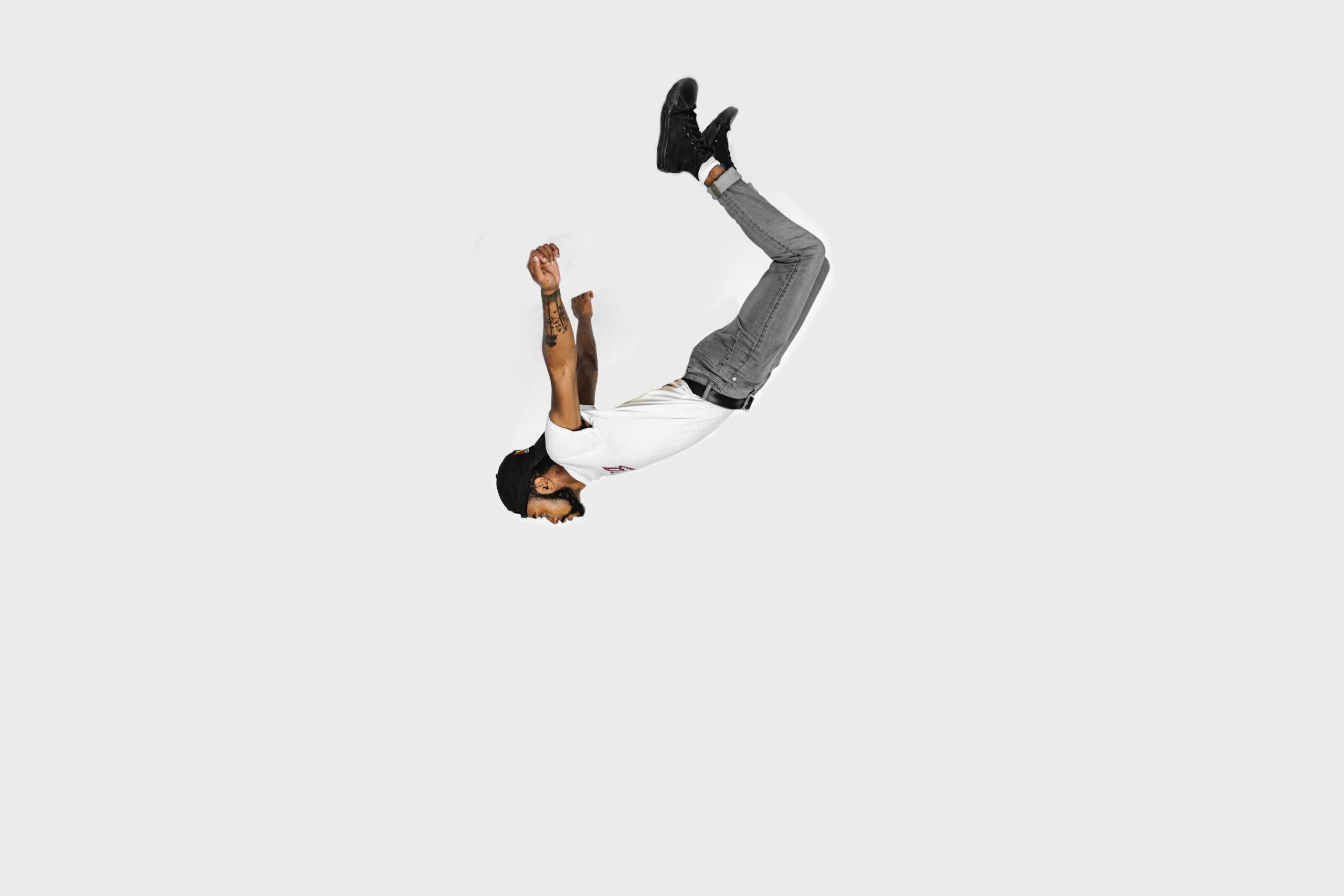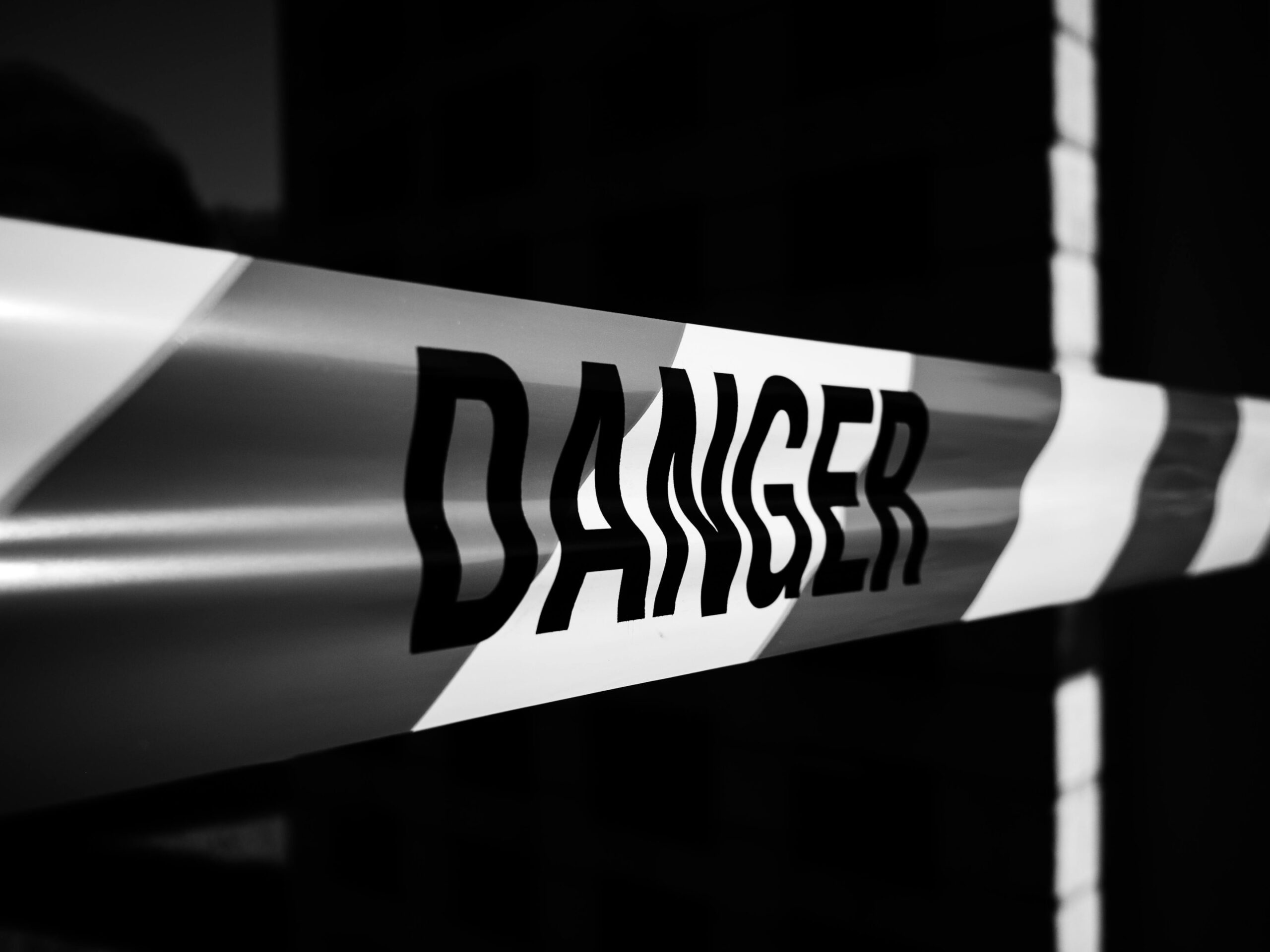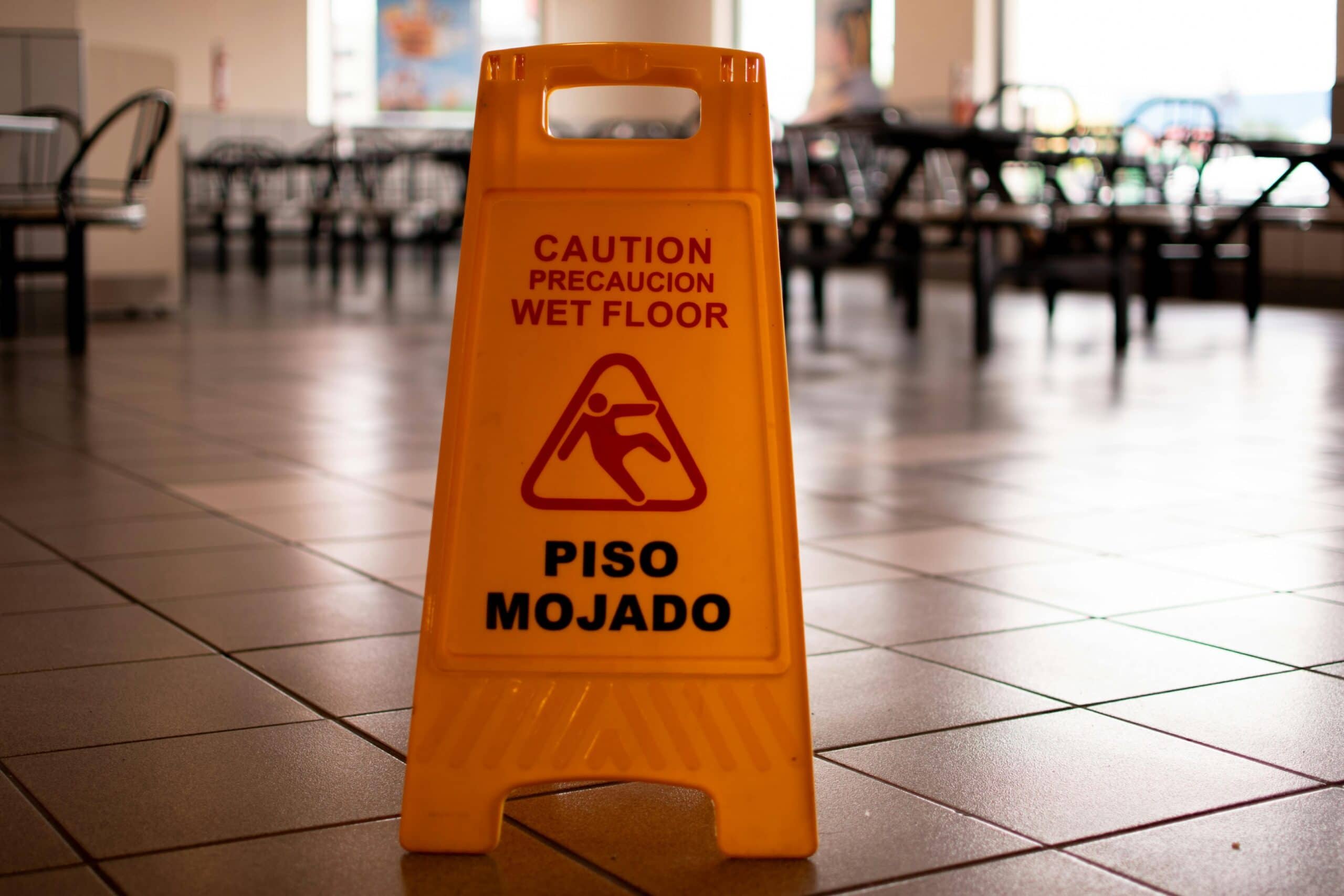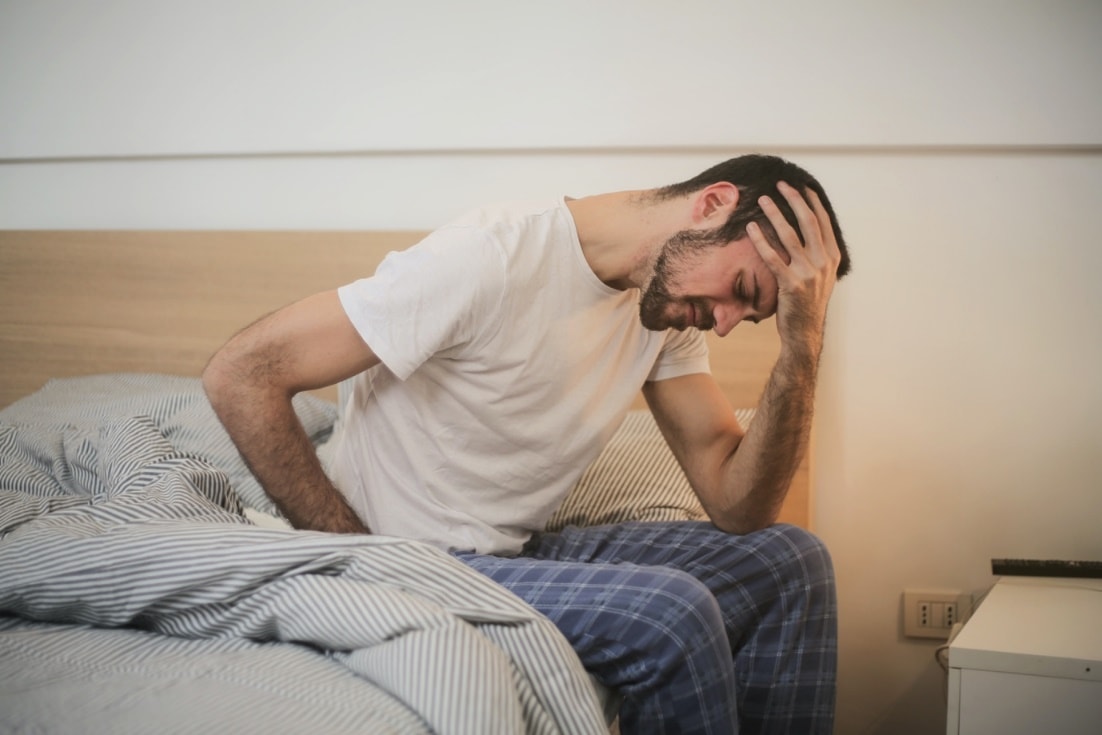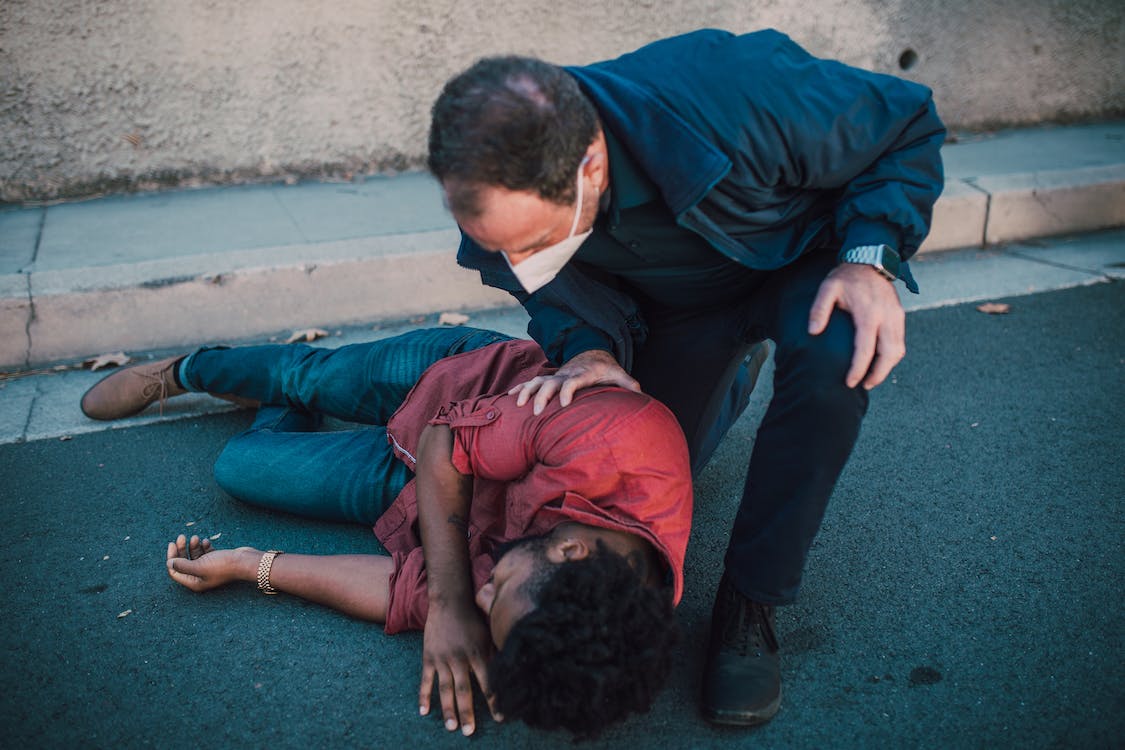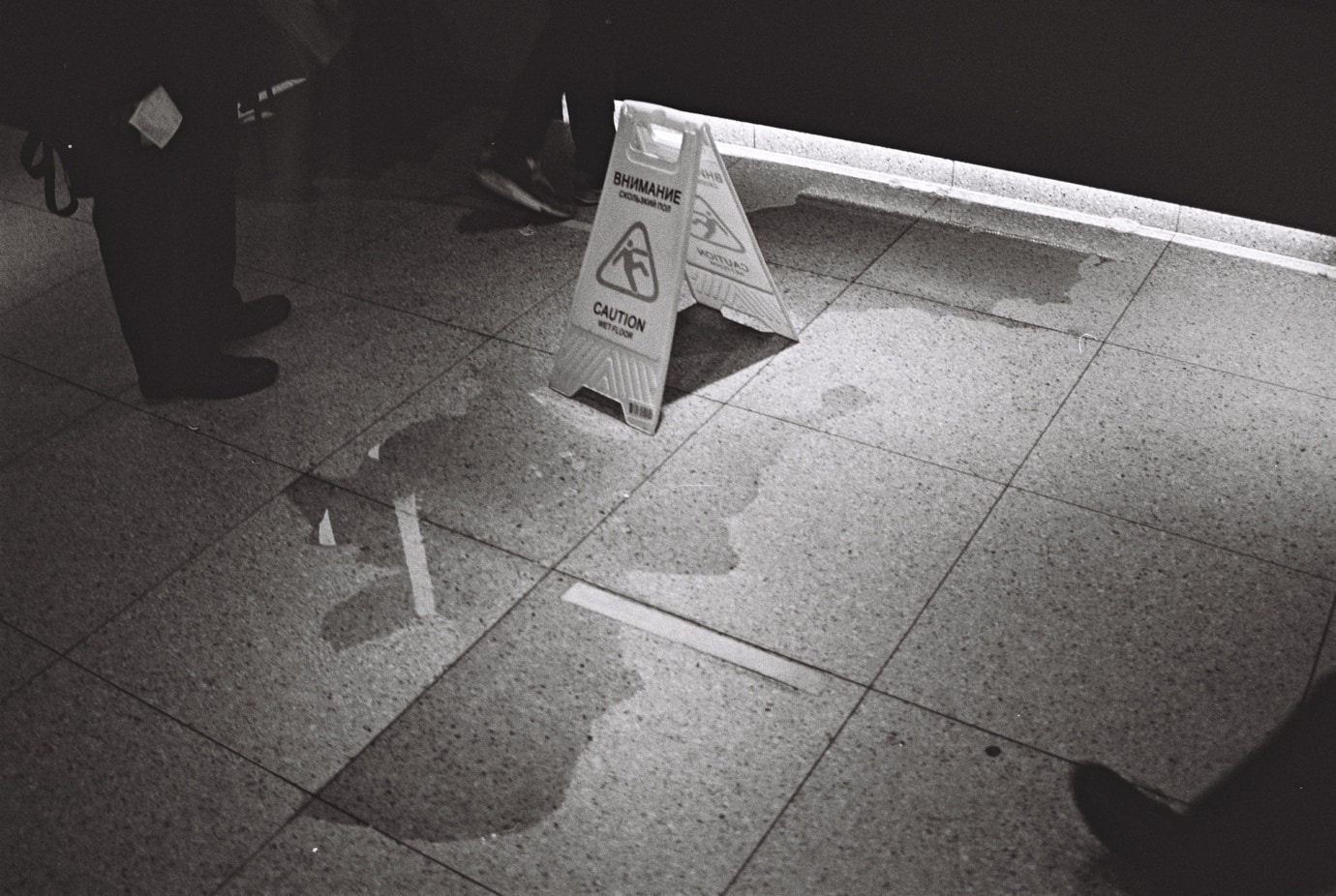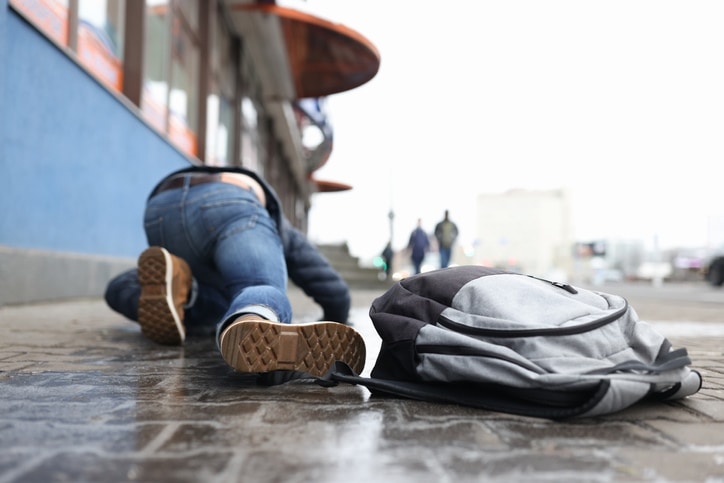
Walking down the sidewalk seems like a mundane activity, something we do every day without much thought. But what happens when that routine stroll takes a turn for the worse, and you find yourself sprawled on the concrete, nursing injuries? Can you hold someone accountable for your misfortune, particularly if the accident occurred on a public sidewalk maintained by the city? In this comprehensive guide, we’ll delve into the complexities surrounding sidewalk slip and fall accidents, exploring your rights, legal options, and the steps you can take to seek compensation for your injuries.
Understanding Sidewalk Slip and Fall Accidents
Before we tackle the question of suing the city, let’s first understand the common causes of sidewalk slip-and-fall accidents. These incidents can occur due to various factors, including:
Uneven Pavement: Cracks, gaps, or raised edges in the sidewalk can easily trip pedestrians, especially those not paying close attention to where they’re walking.
Weather Conditions: Rain, snow, or ice accumulation can create slippery surfaces, increasing the risk of slip-and-fall accidents.
Lack of Maintenance: Neglected sidewalks with overgrown vegetation, debris, or poor lighting pose hazards to pedestrians.
Defective Construction: Poorly constructed sidewalks with structural flaws or inadequate materials can contribute to accidents.
Who Can Be Held Responsible?
Determining liability in a sidewalk slip and fall case can be complex and often depends on various factors, including the location of the accident and who is responsible for maintaining the sidewalk. Potential parties who may be held liable include:
City or Municipality: If the accident occurred on a public sidewalk, the city or municipality responsible for sidewalk maintenance could be held accountable for negligence.
Property Owner: In some cases, particularly if the sidewalk is on private property, the property owner may be liable for injuries resulting from negligence in maintenance or repair.
Contractors or Construction Companies: If the accident was caused by defective construction or improper repairs, the contractors or construction companies involved may bear responsibility.
Adjacent Business Owners: If a business owner’s negligence, such as failing to clear snow or ice from the sidewalk in front of their establishment, contributes to the accident, they may be held liable.
Can You Sue the City?
One of the most pressing questions for individuals injured on public sidewalks is whether they can sue the city or municipality. The answer to this question varies depending on local laws and regulations. In Nevada, as in many other states, suing a government entity involves specific procedures and limitations.
Understanding Government Immunity
Government entities, including cities and municipalities, are often protected by sovereign immunity, which shields them from certain lawsuits. However, many states, including Nevada, have waived sovereign immunity in specific circumstances, allowing individuals to pursue legal action for injuries caused by the government’s negligence.
Notice Requirements and Time Limits
In Nevada, as in many other states, there are strict notice requirements and time limits for filing claims against government entities. These requirements typically include:
Notice of Claim: Before filing a lawsuit against a government entity, you may be required to provide written notice of your intent to sue within a specified timeframe. This notice must include details of the accident, the injuries sustained, and the damages sought.
Statute of Limitations: In Nevada, the statute of limitations for filing a claim against a government entity is often shorter than other personal injury claims. It’s crucial to be aware of these deadlines and take prompt action to protect your rights.
Proving Negligence
To succeed in a lawsuit against the city or municipality, you must prove that their negligence directly caused your injuries. This typically involves demonstrating that:
The City Knew or Should Have Known About the Hazard: You must show that the city had prior knowledge of the dangerous condition that caused your accident or that it should have been aware of it through reasonable inspections and maintenance.
The City Failed to Take Action: You must establish that the city’s failure to repair or address the hazardous condition directly contributed to your injuries.
Steps to Sue the City: A Guide for Pursuing Legal Action
Suing a city or municipality can be a complex process that requires adherence to specific legal procedures and regulations. If you’ve been injured due to negligence on a public sidewalk and believe the city is at fault, here’s a step-by-step guide on how you can pursue legal action:
Determine Liability: Establish that the city or municipality is at fault for your injuries due to negligence in maintaining the sidewalk.
Consult with a Lawyer: Seek advice from a personal injury lawyer experienced in handling cases against government entities.
Review Notice Requirements: Understand and comply with any notice requirements, which often involve notifying the city within a specific timeframe of your intent to sue.
File a Claim: With the help of your lawyer, file a formal slip and fall claim against the city outlining the details of the accident and the damages sought.
Negotiate Settlement: Attempt to reach a settlement through negotiation with the city or municipality to avoid litigation.
Litigation: If a settlement cannot be reached, proceed with filing a lawsuit against the city and navigating the court system.
Trial and Judgment: Present evidence and arguments in court, where a judge or jury will determine liability and compensation.
What To Do After Falling on a Sidewalk?
If you’ve been injured in a sidewalk slip and fall accident, it’s essential to take the following steps to protect your health and legal rights:
Seek Medical Attention: Your health and safety should be your top priority. Seek medical treatment for your injuries as soon as possible, even if they seem minor at first.
Document the Scene: Take photographs of the accident scene, including the hazardous condition that caused your fall, as well as any visible injuries.
Gather Evidence: Collect contact information from any witnesses to the accident and make note of any nearby surveillance cameras that may have captured the incident.
Report the Incident: If the accident occurred on public property, such as a city sidewalk, report the incident to the appropriate authorities as soon as possible.
Consult with a Personal Injury Lawyer: An experienced personal injury lawyer can assess the circumstances of your case, explain your legal options, and help you navigate the slip and fall claims process.
Seeking Compensation for Your Injuries
If you’ve been injured in a sidewalk slip and fall accident, you may be entitled to compensation for:
Medical Expenses: This includes the cost of medical bills, treatment, hospitalization, medication, rehabilitation, and any future medical care related to your injuries.
Lost Wages: If your injuries prevent you from working, you may be entitled to compensation for lost income and earning capacity.
Pain and Suffering: You may be eligible for compensation for the physical pain, emotional distress, and inconvenience caused by your injuries.
Property Damage: If your personal belongings, such as a smartphone or laptop, were damaged in the sidewalk accident, you may be able to recover the cost of repair or replacement.
How an Attorney Can Help You in a Sidewalk Slip and Fall Case
Engaging the services of an experienced personal injury attorney can be invaluable if you’ve been injured in a sidewalk slip and fall accident. Here’s how an attorney can help you navigate the complexities of your case and maximize your chances of obtaining fair compensation:
Legal Guidance: An attorney provides invaluable guidance throughout your case, explaining your rights, options, and the legal process in clear terms.
Investigation and Evidence Collection: Your attorney conducts a thorough investigation, gathering crucial evidence such as witness statements and maintenance records to support your personal injury claim.
Identifying Responsible Parties: They help identify all potentially liable parties, whether it’s the city, contractors, or property owners, ensuring no stone is left unturned in seeking compensation.
Negotiating with Insurance Providers: Skilled attorneys work with insurance companies to secure fair settlements, ensuring you’re not shortchanged by aggressive tactics.
Litigation Representation: Prepared to go to court if necessary, attorneys represent you in all legal proceedings, advocating for your interests and presenting your case persuasively.
Maximizing Compensation: Ultimately, attorneys fight to maximize your compensation, ensuring you receive fair recompense for your injuries, lost wages, and other damages incurred.

Discover Your Path to Justice with BLG
Navigating the legal landscape following a sidewalk slip and fall accident can be daunting, but you don’t have to face it alone. If you’ve suffered injuries due to negligence on a public sidewalk, it’s essential to seek guidance from a knowledgeable and compassionate legal team. By understanding your rights, gathering evidence, and taking prompt action, you can pursue the compensation you deserve and hold responsible parties accountable for their actions. Remember, the sooner you act, the stronger your case will be.
If you’ve been injured in a sidewalk slip-and-fall accident, don’t wait to seek the compensation you deserve. Our experienced team at BLG is here to help you navigate the legal process with compassion, expertise, and a proven track record of success.
Contact us today for a free consultation.
